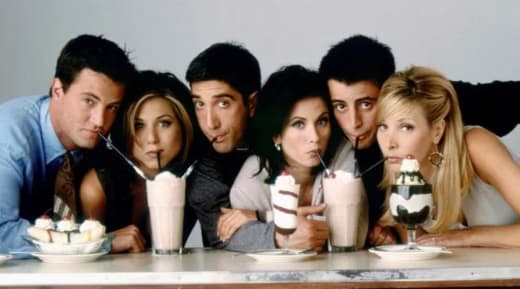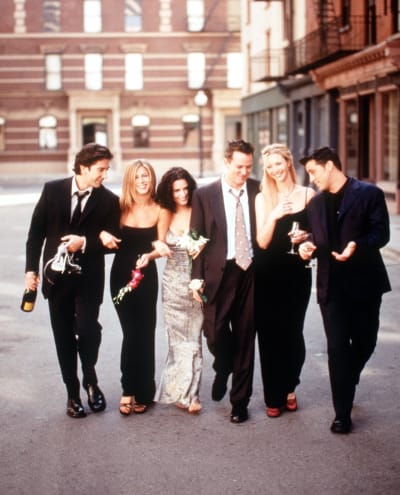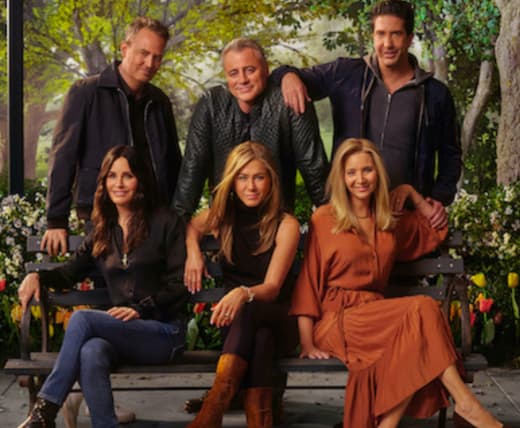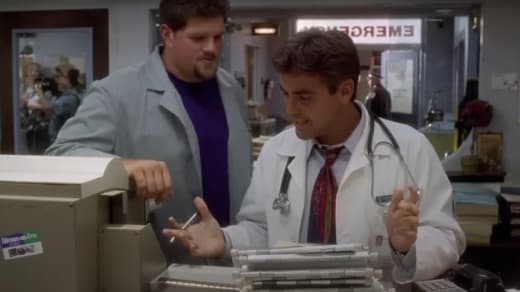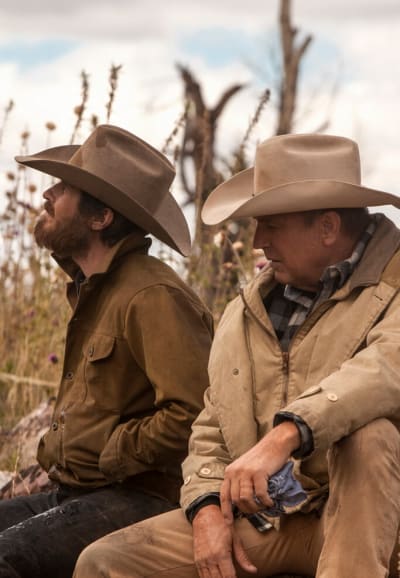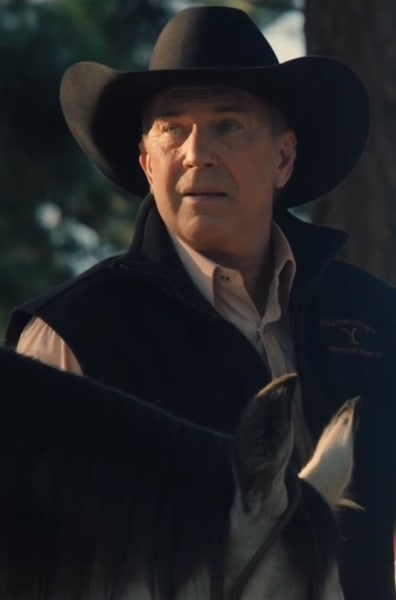TV Shows Should Make Stars, Not Depend On Them
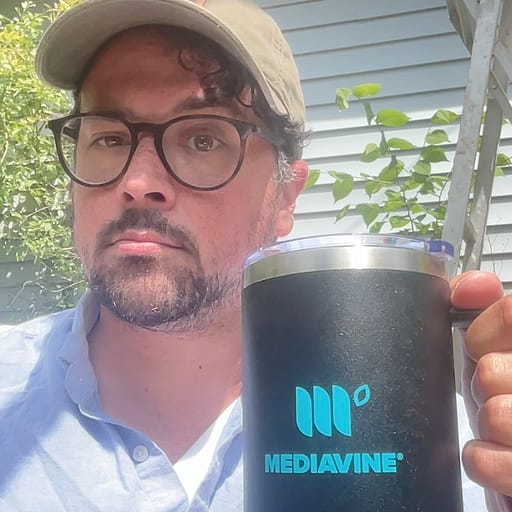 Tyler Johnson
at
.
Tyler Johnson
at
.
Before the debut episode of Friends aired on NBC in 1994, director Jimmy Burrows took the cast on a trip to Las Vegas.
"He handed us each a couple hundred bucks and said, ‘Now go into the casino and go gamble because this is the last time you’ll be able to walk into a casino anonymously,’" Jennifer Aniston recalled in a 2019 interview with Ellen DeGeneres.
"And we had no clue what he was talking about. And sure enough, that was the last time we were able [do that].”
Such was the power of network television in the '90s.
Six unknown young actors could transform overnight into a half-dozen A-listers, entirely on the strength of one popular primetime sitcom.
Eventually, those unknowns would become the highest-paid actors in the history of television, pocketing over $1 million per episode.
Years later, along with costar Reese Witherspoon, Aniston would break her own record, earning $2 million for an episode for her work on the AppleTV drama The Morning Show.
Needless to say, that series hasn't met with nearly the level of success that Friends enjoyed.
And that brings us to the crux of today's conversation:
In 2024, series budgets are exploding in part due to sky-high cast salaries -- which is strange, as now, more than ever, big-name stars are no guarantee of a big audience.
Shelling out the GDP of a small Eastern European nation to keep the Gellers happy made sense in 1999. Twenty-five years later, not so much.
There are many reasons for the current trend toward higher salaries.
One of them is that the script has been flipped with regard to TV and its relationship with A-list fame.
There was a time -- not all that long ago -- when TV made stars instead of courting actors who were already well-established.
In this age of risk-averse networks and streamers, adding a known name to your cast is one of the surest ways to ensure that your concept will be ordered to series.
The irony is that that arrangement leads to fledgling shows starting out with higher-than-usual budgets, which makes early cancellation that much more likely.
The list of major stars who got their start on TV is too long to reproduce here, so we'll just stick to the biggest names from the past few decades:
Tom Hanks, Robin Williams, Denzel Washington, George Clooney, Johnny Depp, Woody Harrelson, Sally Field, Jim Carrey, and John Travolta are just some of the Hollywood giants who first broke through on the small screen.
Nowadays, the TV origins of most of those stars are so far in the past that they're all but forgotten.
But they're important to TV history, not only in the sense that they ushered some of our biggest stars into the mainstream.
These career arcs document a business model that network and streaming execs seem to have abandoned nowadays:
Between 1950 and roughly 2020 or so, TV took the place of the stage as the venue where young unknown actors could grab the attention of agents and audiences.
This was a symbiotic relationship, as producers and networks benefitted from inexpensive talent, and up-and-coming actors got paid in opportunity.
To be clear, we're not advocating the exploitation of talent. All actors should be fairly compensated for their work.
The last thing this struggling industry needs is another round of guild strikes!
But if networks and execs are looking for a way to reduce overhead, casting unknowns instead of already-established stars would be a good start.
Don't get us wrong: We love it when our favorite movie stars flip the bird to those old, outdated platform prejudices and make the jump to TV.
It's a delight, for example, to watch Kevin Costner portray John Dutton on Yellowstone.
But when we look at the off-camera drama that's currently engulfing that series, we can't help but wonder how much of it could have been avoided if Taylor Sheridan had gone the Rawhide route and structured his Western around a young unknown (one by the name of Clint Eastwood, in that instance).
Obviously, the Costner-Yellowstone situation is a unique one.
The star parted company with the show in part to focus on directing and starring in his upcoming two-part film epic Horizon: An American Saga.
But jam-packed shooting schedules are another obstacle that series tend to encounter when they stack their roster with A-list talent.
That's one reason why extra-long hiatuses have become the norm rather than the exception across much of the TV landscape.
Of course, the path forward isn't clear, as modern audiences have become accustomed to recognizing at least one name in the cast of a new show.
Even series like Succession, which showcased numerous unknown talents, still offered familiar faces in the form of Brian Cox and Alan Ruck.
But if we want another Mad Men and another Jon Hamm, then both casting directors and audiences are gonna need to stop playing it so safe.
What do you think, TV fanatics?
Is it time for new shows to start taking more chances?
Hit the comments section below to share your thoughts!
Tyler Johnson is an Associate Editor for TV Fanatic and the other Mediavine O&O sites. In his spare time, he enjoys reading, cooking, and, of course, watching TV. You can Follow him on X and email him here at TV Fanatic.
